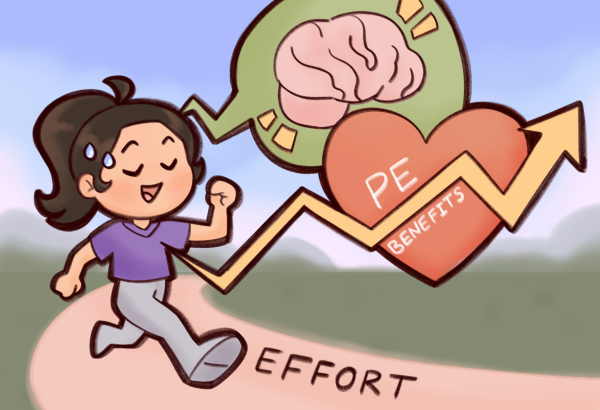The Road to Responsibility: Are 16-Year-Olds Too Young to Drive?
November 15, 2017
To many, the ability to drive symbolizes a teenager’s transition into adulthood. Despite this, 16-year-olds lack the maturity and responsibility needed to ensure their own safety, as well as the safety of passengers and other drivers. The driving age should be raised to 18, which would give teenagers time to develop the skills and knowledge necessary to drive, thus guaranteeing a higher level of maturity and responsibility on the road.
“Obviously the cars are very safe these days, but safety would be improved, the teenager’s brain would be a little more developed especially, the frontal cortex will be more developed, critical thinking will be developed, and you’ll learn more about the dangers of driving while texting and stay away from those kinds of things,” sophomore Jeffrey Chen said.
Studies have consistently shown that teenagers are involved in significantly more accidents than other age groups, further supporting how 16-year-olds are far too irresponsible and unprepared to drive.
According to a study conducted by the California Department of Motor Vehicles, “The crash rate for 16-year-olds is 3.7 times higher than drivers of all ages…The ability to detect hazards in the driving environment depends upon perceptual and information-gathering skills and involves properly identifying stimuli as potential threats. It takes time for young novice drivers to acquire this ability.”
Cross country coach and former Irvine police officer Victor Quiros addressed a common belief of supporters of the current driving age.
“It [driving] empowers the high school students to take more responsibility and ownership of their lives and [gain a] little a bit of control,” Quiros said. “Sixteen-year-olds are a little less careful. They take risks, they are not appreciative of the consequences of their behaviors… As an adult you realize you’re responsible and people depend on you, and you can’t be as reckless; you have to make more wise decisions, and you’re not as careless in your behavior.”
Though many teenagers see driving as a sanctioned right, it should be considered a privilege that is earned through years of experience and learning. Contrary to popular belief that allowing teens to drive will make them more responsible, 16-year-olds are simply not prepared to handle the mental and physical demands of driving. By just waiting two more years, the critical thinking skills, level of responsibility, and awareness of drivers would be greatly improved. The safety of our country’s children and drivers is far more important than any teenager’s superficial “right” to drive.
















